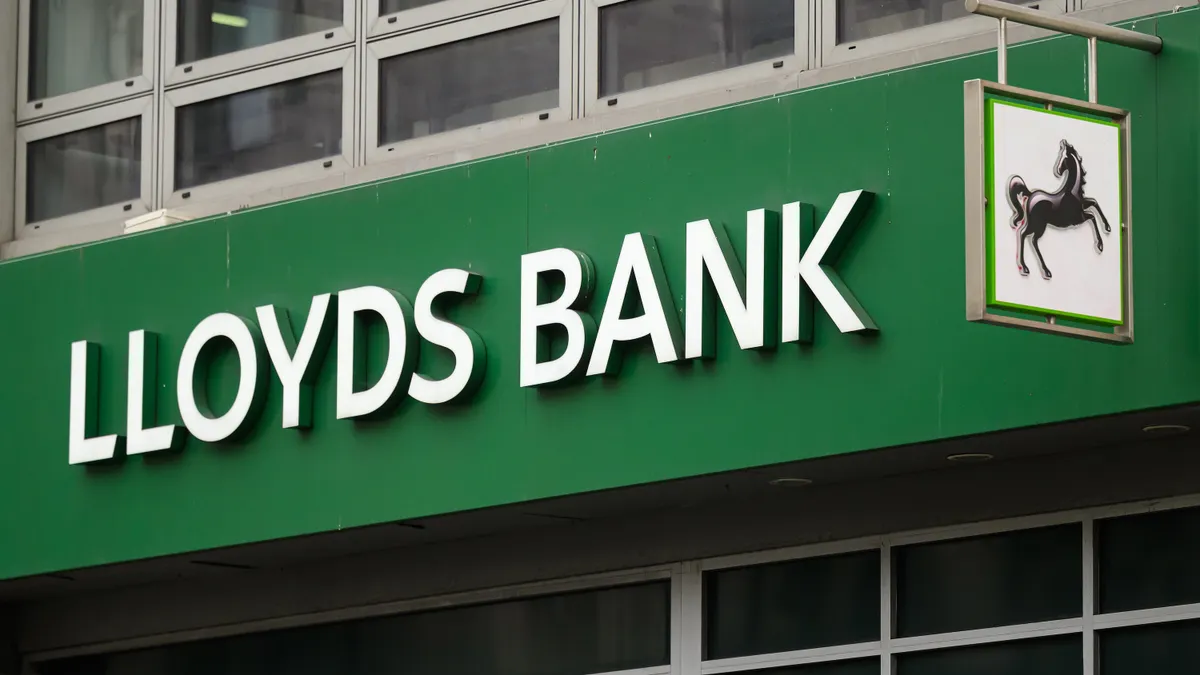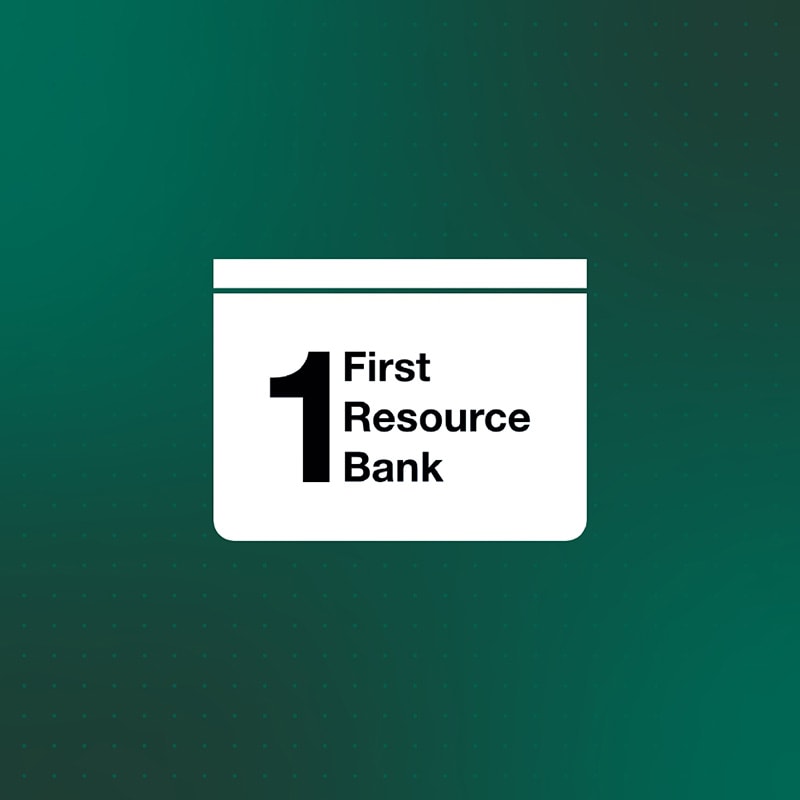London-based Lloyds Bank will buy the U.K. fintech Curve, the bank announced Wednesday.
Lloyds did not disclose the price point for the deal, which is expected to close in the first half of 2026. But the acquisition lends credence to a Sky News report from last week, indicating the bank would pay £120 million for the digital wallet provider.
That’s less than half the £250 million in funding Curve is said to have raised since its founding in 2015. And it’s far below the valuation CEO Shachar Bialick had targeted for the company.
“In ten years’ time we are going to be IPO-ed … and hopefully worth around $50 billion to $60 billion,” Bialick, a former Israeli special forces soldier, told The Times of London in 2019, using the acronym for initial public offering.
In a circular to investors last week, Curve said it “share[s] the disappointment some of you may have in this outcome.”
“We recognize that the value of this transaction falls short of the ambitions we all held for Curve,” the company said in the note, seen by Sky News. “Yet, the board strongly believes this transaction represents the best available path forward for Curve's creditors and shareholders as a whole."
However, IDC Ventures, an investor that holds a 12% stake in Curve, said in a statement Friday it is "deeply concerned about the conduct of Curve's management and board during the current sale process."
IDC alleged a small group of directors and investors at Curve “facilitated corporate decision-making to entrench control and override shareholder rights,” adding that “issues regarding [Curve’s] governance and ownership are disputed.”
The investor sought to remove Curve's chair in September, but the effort failed. IDC has consistently opposed a sale to Lloyds since rumors of a potential transaction became public in July. The investor wrote “repeatedly” to Curve and its board, opposing the sale, “without receiving any meaningful response or engagement,” it asserted in September. IDC also said it wrote to Lloyds, but the bank did not respond.
“It is a matter of real surprise to shareholders that Lloyds Banking Group, a leading UK institution, would contemplate proceeding with a transaction that IDC believes is not in the best interests of the company or its shareholders,” IDC wrote Friday, adding it “does not believe” a sale could be “implemented” without the investor’s support.
Curve’s auditors earlier this year had warned of “material uncertainty” at the firm, according to CityAM.
Financial figures published in March revealed the company had paused its plans to expand to the U.S. and, in 2023, cut about a third of its workforce, according to tech.eu.
Curve reported a pretax loss of £36 million in 2023, up from £69 million the year before.
Bialick, when asked if Curve would be profitable in 2024, said the company’s “priority is sustainable expansion, and we anticipate reaching break-even in the near term.”
Curve touts a digital wallet platform that brings all of a user’s cards and alternative payment sources into one place, while offering payment flexibility, real-time spend insights and no foreign exchange fees.
In a statement on Curve’s blog Wednesday, Bialick said Curve’s “mission” has always been to “simplify and supercharge people’s finances.”
“Joining forces with Lloyds Banking Group means we can now scale that vision faster, helping tens of millions more customers unlock smarter payments, and empower greater financial accessibility,” he said.
Curve, on its own, counts 6 million customers. Lloyds, by comparison, reaches 28 million.
The bank announced in January it planned to close 136 branches in the U.K. as customers rely more heavily on digital banking. Buying a digital wallet platform, presumably, would dovetail with that vision.
“Building on the innovative changes we’ve made to our app recently, integrating Curve’s cutting-edge technology and digital wallet capabilities will deliver a next-generation digital banking experience for our customers as we help them to take control of their finances in a simple and convenient way,” Jas Singh, CEO of consumer relationships at Lloyds, said in a release Wednesday.
Lloyds said Wednesday the transaction is not expected to have a material impact on the bank, or to affect full-year guidance for 2025 or 2026.













